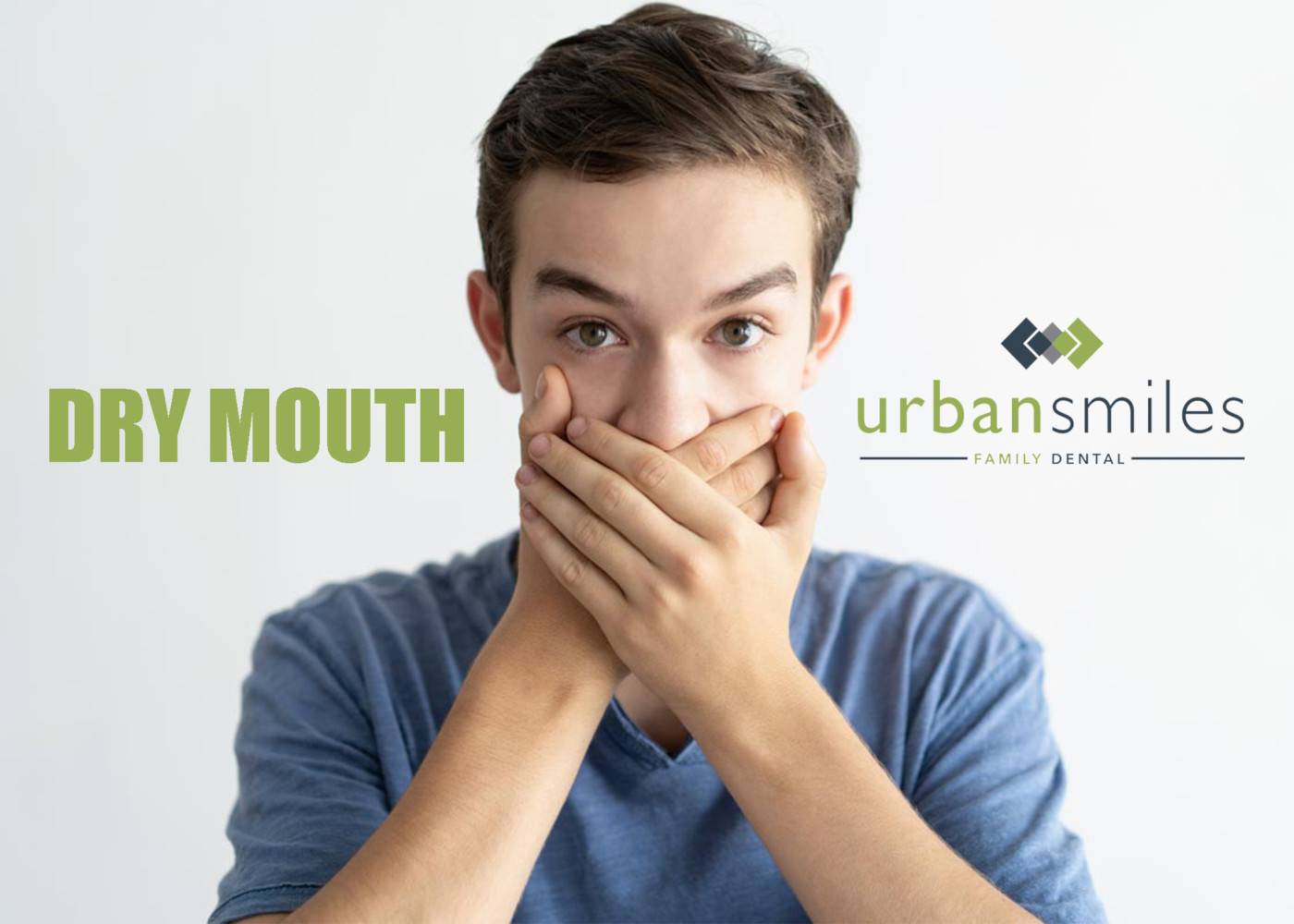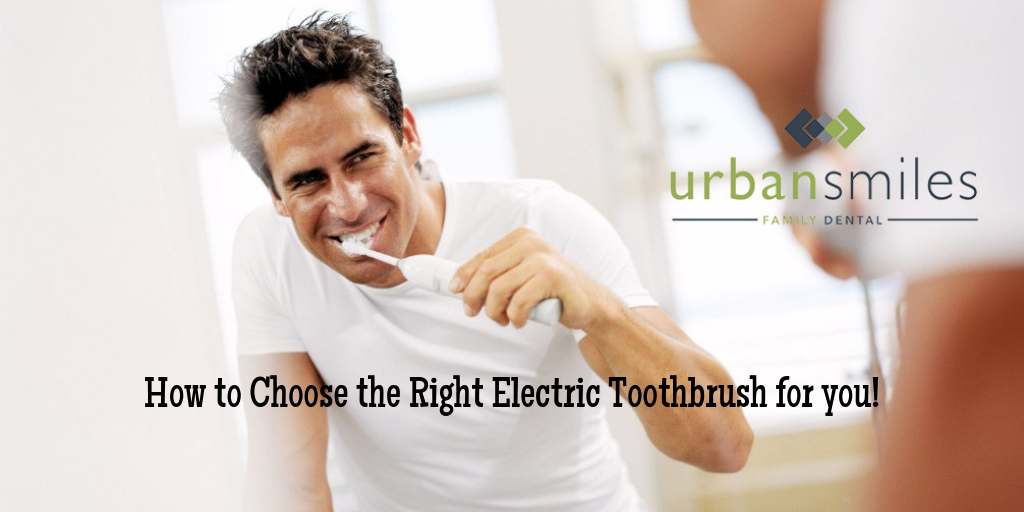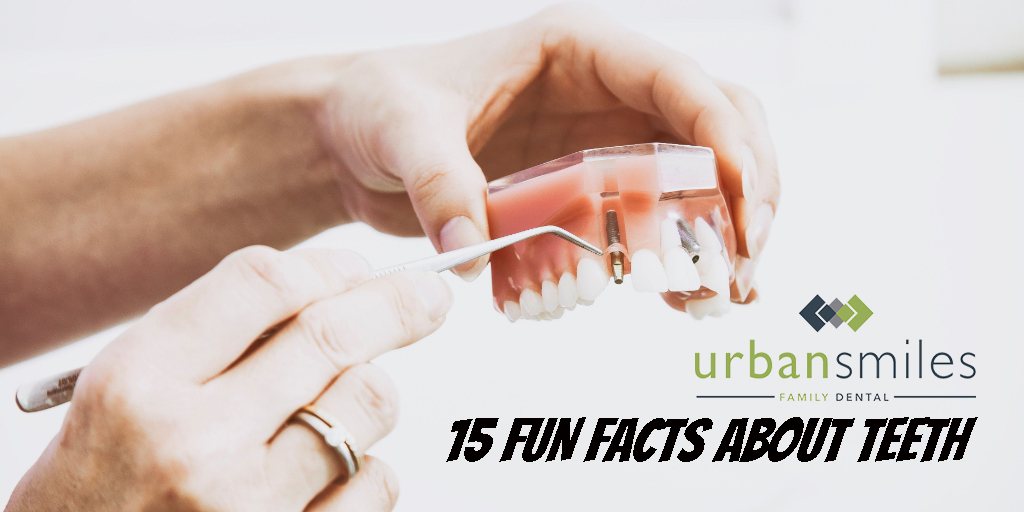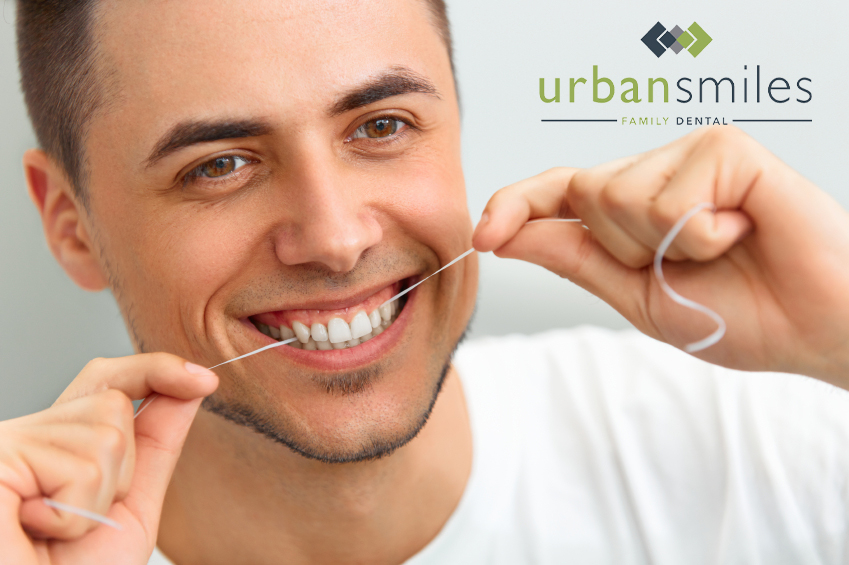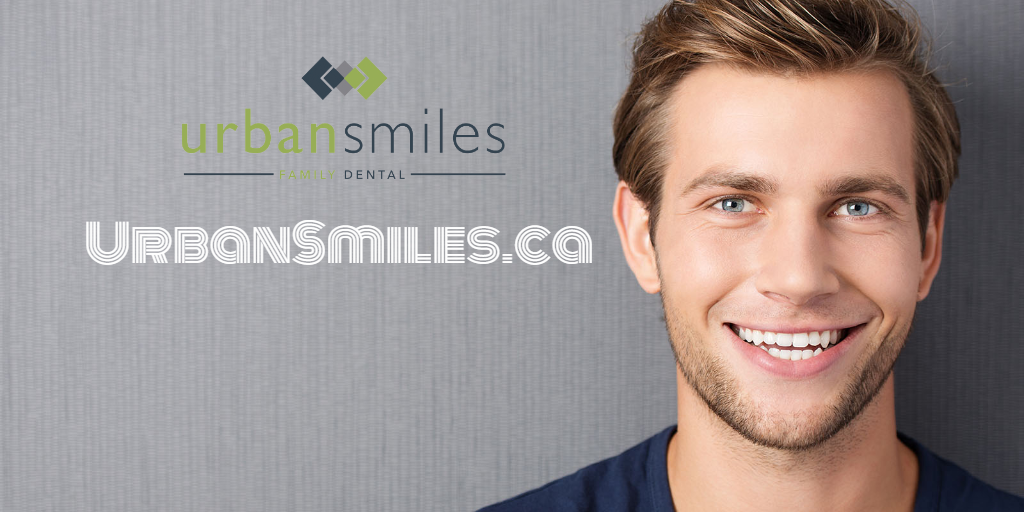What you eat says a lot about your oral health. There are certain foods and drinks, that can cause problems. We listed some below, check it out!!!
Popcorn
Put down that bowl of microwave popcorn. “Countless number of people come in with cracked teeth from eating half-popped popcorn kernels, not to mention the sneaky husk. Popcorn husk is notorious for finding its way in between teeth and causing gum pain.
White Bread
There’s nothing quite as tasty as a piece of toasted white bread with a little butter. Unfortunately, your teeth disagree with your taste buds. White bread is packed full of sugar. As you chew, you masticate the bread into a gummy, sugary paste that sticks to your teeth and gets into your gums. If you’re not a diligent brusher, these sugars can cause cavities! When you’re selecting your bread, go for types that aren’t as high in refined sugars.
Ice
Ice couldn’t possibly be bad for you. It’s just frozen water. It’s calorie and additive-free. Think again! Chewing ice causes undue wear and tear on your teeth. Crunching down on a fresh ice cube can damage the enamel on your teeth. It’s even possible to crack or chip your teeth while eating ice. We’ve even seen crowns come loose as the result of avid ice chewing! If you find yourself craving ice, it may be the result of low iron.
Carbonated Drinks
Soda. Pop. Coke. No matter what you call it, it’s not particularly good for your teeth. New studies suggest that it can be as terrible for your teeth as certain illicit drugs. The acid in carbonated sodas slowly breaks down your tooth enamel over time. Drinking a full-sugar soda is even worse. The bacteria in your mouth love sugar and the byproduct that they excrete is one of the leading causes of bad breath. And if those reasons weren’t enough, carbonated drinks with dyes in them can permanently stain your teeth.
Coffee
Is the best part of waking up worth damaging your teeth? Coffee (or tea) in their naturally brewed forms can actually be good for you. However, many people can’t stomach the taste of black coffee without a hint of something sweet. As we’ve mentioned, sugar is just not good for your mouth. And unfortunately, neither is caffeine. Caffeinated beverages actually dehydrate you, and dry your mouth out. A lack of saliva hastens tooth decay. Additionally, coffee has been known to stain your teeth, not to mention it makes your breath smell bad. We’re not saying you have to give up coffee, but be mindful, and drink plenty of water afterward!
Breath Mints
This might come as a shock, but those sweet little treats that are meant to freshen our breath can actually make it worse and damage your teeth. The fact of the matter is that most mints are made mostly of sugar. We suck on mints, usually stashing them in our cheeks to enjoy them slowly over time. But because of this, the bacteria in our mouths have a literal field day with that lump of sugar slowly melting against our teeth. The best way around this is to opt for a sugar-free mint or gum to prevent the bacteria from feasting.
Wine
Like coffee, red wine also has tannic acid. A dry mouth causes bad breath, and a lack of saliva also contributes to the growth of harmful bacteria in the mouth. Saliva washes away the bacteria that cause cavities. White wine isn’t necessarily a better option — it’s more acidic than red, and all alcoholic beverages dry out the mouth.
Dried fruit. Although fruit in any form seems like a healthy snack, it’s best to avoid the dried variety. Dried fruit is high in sugar and can easily become lodged between the teeth, which promotes bacteria buildup.
We know you can’t rule out all these things but you can keep them top of mind to preserve your teeth.
Make your appointment today with Dr. Rob Andrew and Urban Smiles Family Dental. 780.989.6030
Connect with us below:


